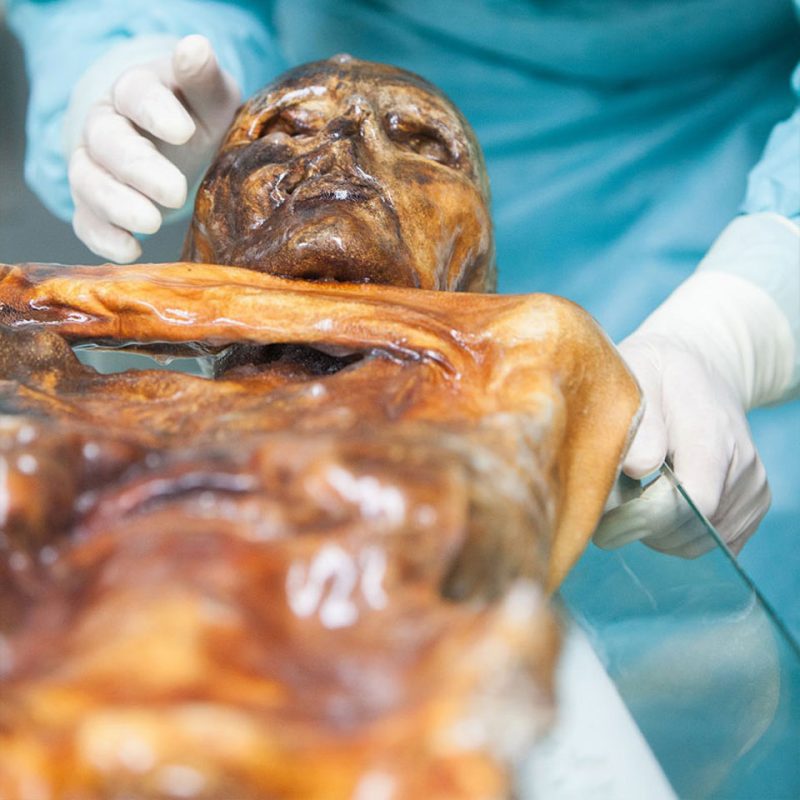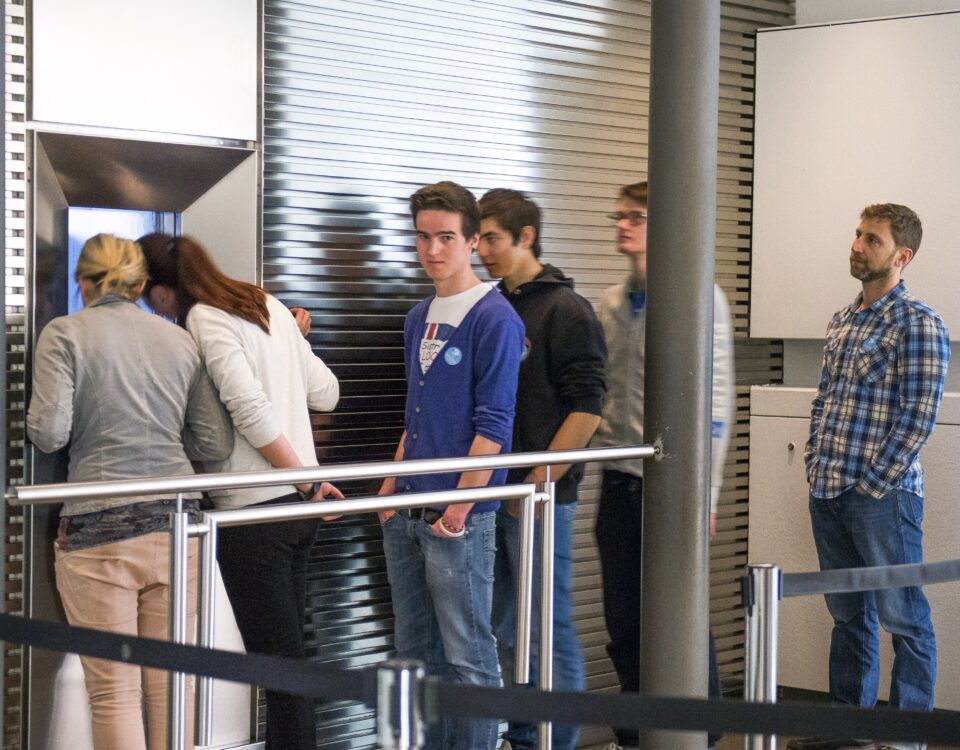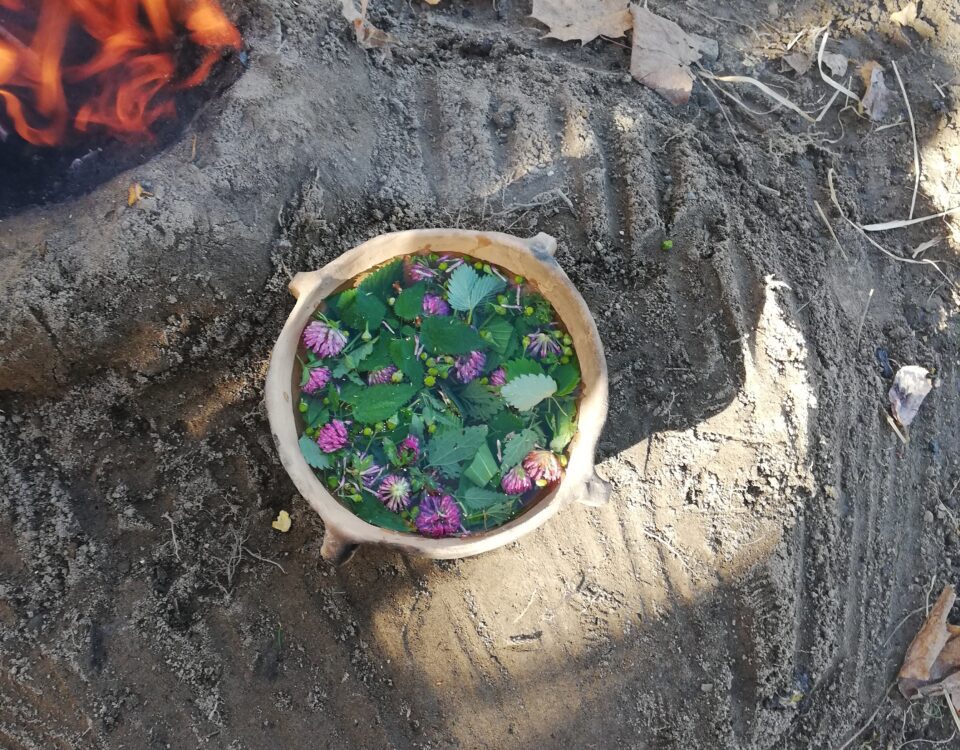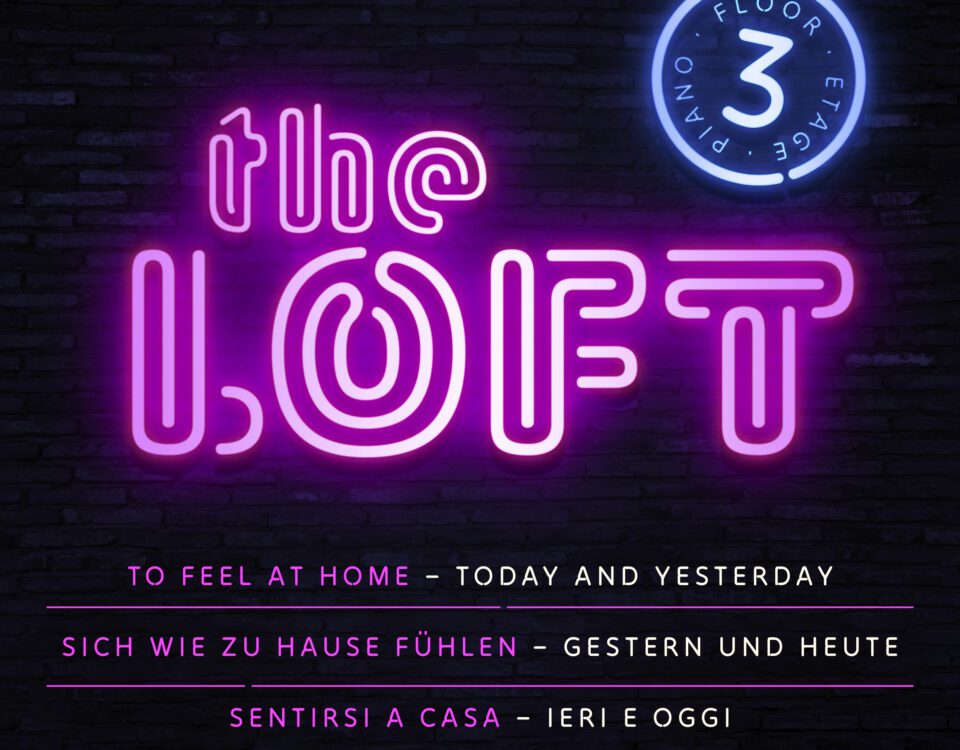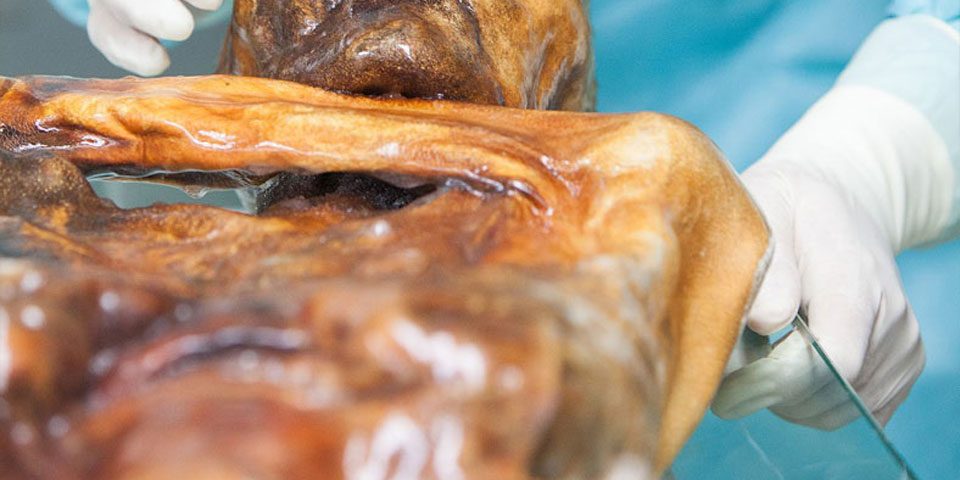
Ötzi confirms: Lifestyle threatens intestinal bacteria
The human body is colonized by a variety of bacteria. Our microbiome – the totality of all these microorganisms in and on our body – has changed dramatically over time.
Hygiene and nutritional habits of industrialized societies are linked to the loss of bacterial diversity in our intestine and impoverished the microbiome of intestinal flora. This has been confirmed by a study of the EURAC Institute for mummy studies in Bolzano and the University of Trento, Italy.
Researchers focused on one bacterium: Prevotella copri, which helps with the digesting complex plant foods and as scientists have discovered, it is still present in great diversity among societies with original lifestyles. The same variety is also evident in Ötzi’s intestinal sample, while in people with a Western-influenced lifestyle this bacterial diversity has almost disappeared, as the study shows for the first time.
This loss of diversity in our intestinal flora could play a significant role in complex diseases, such as allergies, autoimmune diseases, gastrointestinal disorders, and increasing obesity. The study was published in the renowned scientific magazine “Cell Host & Microbe” on October 10th.
The study can be downloaded from “Cell Host & Microbe” website: https://www.biorxiv.org/content/10.1101/600593v1.abstract
Photo: Analysis on Ötzi the Iceman (c) South Tyrol Museum of Archaeology/EURAC Research/Marion Lafogler


